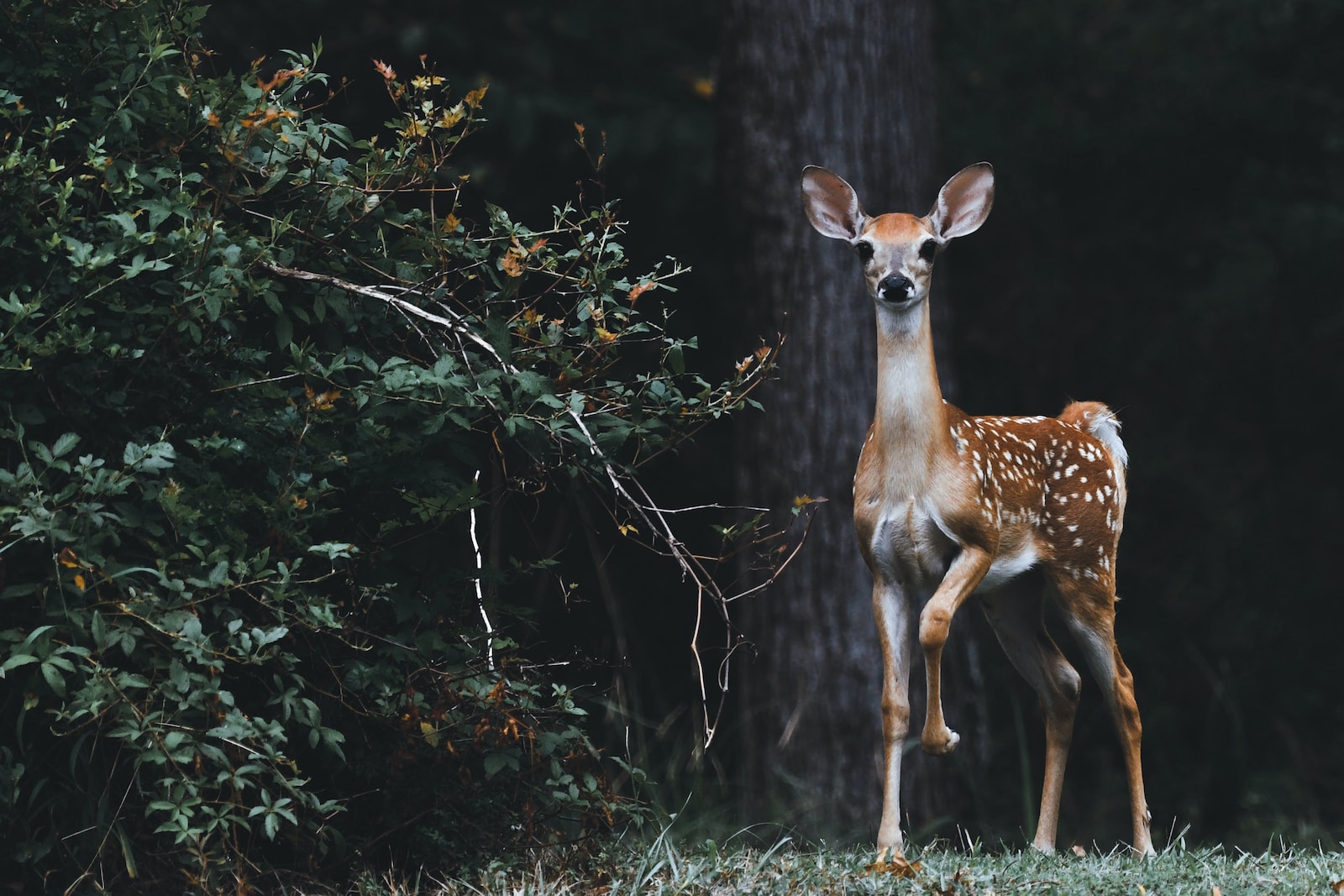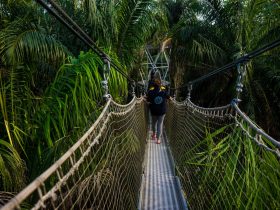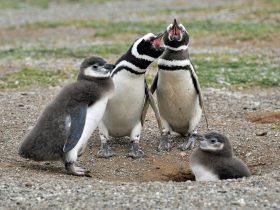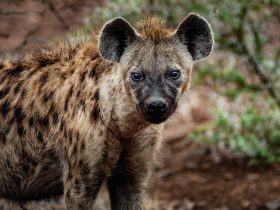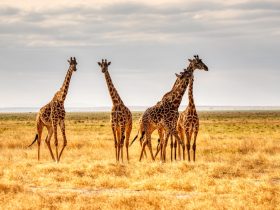In today’s world, where climate change and habitat destruction pose significant threats to our planet’s biodiversity, ethical investments in wildlife conservation have emerged as a powerful tool for driving positive change. These investments not only provide financial resources but also create a ripple effect that fosters awareness, community engagement, and sustainable practices. In this comprehensive article, we will delve deeper into the realm of ethical investments in wildlife conservation, exploring their importance, the various approaches used, and how their impact can be evaluated. By understanding the nuances of these investments, we can better appreciate their significance in safeguarding our precious wildlife.
Understanding the Importance of Wildlife Conservation
The intrinsic value of wildlife conservation cannot be overstated. Every living organism, from the majestic lion to the humble insect, plays a vital role in maintaining the delicate balance of ecosystems. Wildlife contributes to critical processes like pollination, seed dispersal, and nutrient cycling, all of which are essential for the survival of plant species. Moreover, wildlife conservation goes beyond preserving biodiversity; it also has tangible economic and social benefits. Wildlife tourism, for instance, generates significant revenue and employment opportunities, while promoting a deeper understanding and appreciation for our natural world. It is therefore paramount that we invest in ethical initiatives that protect and conserve our diverse wildlife.
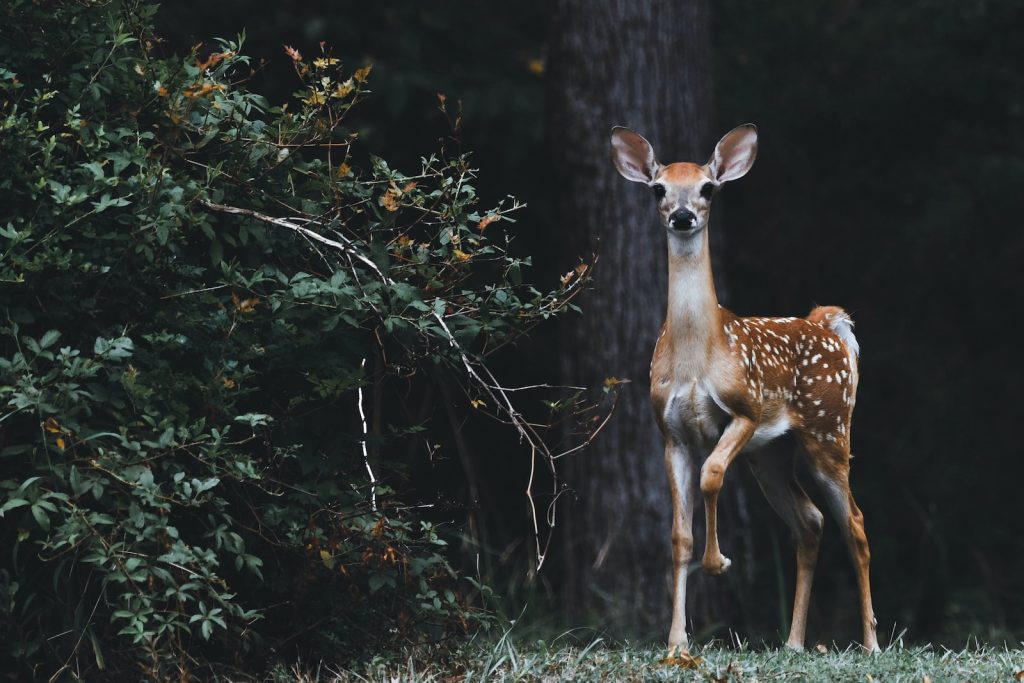
Ethical Investments in Wildlife Conservation
- Protected Areas and Habitat Restoration: One of the primary focuses of ethical investments in wildlife conservation is the establishment and management of protected areas. These areas serve as sanctuaries for numerous species, safeguarding their habitats and allowing them to thrive. Ethical investors may also support habitat restoration projects, such as reforestation initiatives or wetland rehabilitation, which help revive ecosystems and create sustainable habitats for wildlife.
- Anti-Poaching and Wildlife Law Enforcement: Poaching and illegal wildlife trade remain significant threats to endangered species. Ethical investments play a crucial role in supporting anti-poaching efforts and improving wildlife law enforcement. These investments fund initiatives that strengthen ranger patrols, provide training and equipment, and implement innovative technologies to combat wildlife crime. By investing in anti-poaching and law enforcement, individuals contribute to the protection of endangered species and the prevention of wildlife trafficking.
- Community-Based Conservation: Ethical investments in wildlife conservation often prioritize community-based conservation initiatives. These investments support projects that engage local communities in conservation efforts, promote sustainable livelihoods, and provide economic incentives for wildlife preservation. By involving local communities in decision-making processes, ethical investments foster a sense of ownership and stewardship, leading to long-term conservation success.
- Research and Monitoring: To develop effective conservation strategies, it is crucial to have a deep understanding of wildlife populations, behavior, and ecological interactions. Ethical investments contribute to scientific research and monitoring programs, which provide critical data for informed decision-making. Investments in radio tracking, camera trapping, and genetic studies help gather valuable information that guides conservation efforts.
- Education and Outreach: Ethical investments in wildlife conservation often prioritize education and outreach programs. These investments support initiatives that raise awareness about the importance of biodiversity, wildlife conservation, and sustainable practices. By investing in education and outreach, individuals contribute to building a future generation that values and protects wildlife and their habitats.
Evaluating the Impact of Ethical Investments in Wildlife Conservation
- Conservation Metrics: Evaluating the impact of ethical investments requires the use of various conservation metrics. These metrics include the size and number of protected areas, the increase in wildlife populations, and the reduction in poaching incidents. By monitoring these metrics, investors can assess the effectiveness of their investments and make informed decisions about future allocations.
- Economic Benefits: Ethical investments in wildlife conservation can generate significant economic benefits, both locally and globally. Evaluating the economic impact of investments, such as tourism revenue or job creation, provides insights into the positive outcomes of conservation efforts. Additionally, economic assessments can help attract further investments and support for wildlife conservation initiatives.
- Social Indicators: Evaluating social indicators, such as community engagement levels, empowerment, and awareness, provides valuable insights into the impact of ethical investments in wildlife conservation. Assessing the involvement of local communities, the improvement in livelihoods, and the adoption of sustainable practices can help determine the social sustainability of conservation projects.
- Stakeholder Engagement: Effective stakeholder engagement is crucial for evaluating the impact of ethical investments. This involves analyzing the level of collaboration and cooperation among various stakeholders, including governments, local communities, non-governmental organizations (NGOs), and investors. Successful stakeholder engagement contributes to the success and long-term sustainability of wildlife conservation initiatives.
- Long-term Conservation Outcomes: The evaluation of long-term conservation outcomes is essential for assessing the impact of ethical investments. This involves monitoring indicators such as the recovery of threatened species, the restoration of degraded habitats, and the overall health and resilience of ecosystems. By evaluating long-term conservation outcomes, investors can determine the success of their investments and identify areas for improvement.
In conclusion, ethical investments in wildlife conservation play a crucial role in safeguarding our planet’s biodiversity. By supporting protected areas, anti-poaching efforts, community-based conservation, research, and education initiatives, individuals can make a positive impact on wildlife conservation. Evaluating the impact of these investments requires the use of various metrics, including conservation metrics, economic benefits, social indicators, stakeholder engagement, and long-term conservation outcomes. Through thoughtful and strategic investments, we can secure a sustainable future for our precious wildlife and ensure their survival for generations to come.




























